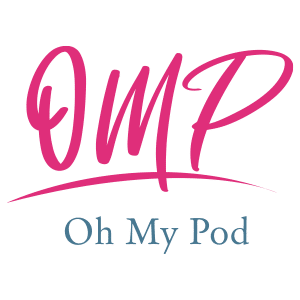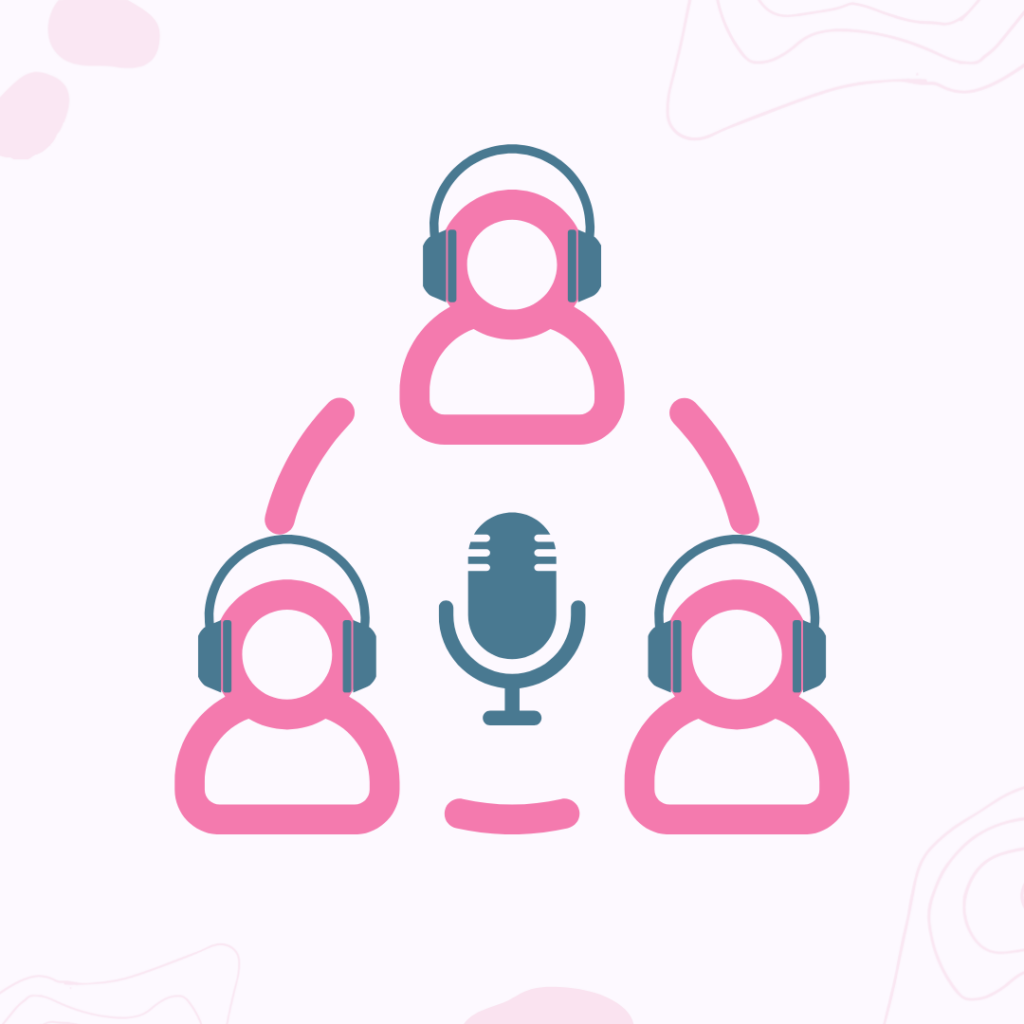Interviewing… it seems SO easy from the outside, but it’s WAY harder when you’re actually sitting in the interviewer seat.
First-time podcasters often find their interviews a little ‘directionless’ before they start building their interview muscles. Sure, your podcast will develop its own structure and format over time, but why wait until then?
Being a great interviewer starts with having a clear structure for each interview. Success leaves clues, so we’ve taken the most successful podcasts we work on and boiled the interview structure down to three formats that we believe work best.
Are you a ‘storyteller’, a ‘highlights packager’ or a ‘problem solver’? Decide now and your first few episodes will be better for it.
More structure = Better questions = Better interviews
Rather than you having to re-invent the wheel, here are
three interview formats
thatpodcasters typically use, which you may want to base your own structure on.
Feel free to combine elements of each structure to deliver maximum value to youraudience.

For guests who have an interesting life journey with plenty of twists and turns.
The format for this one is pretty simple; go chronological.
Start at the start, work your way to the present, then find out what your guest is looking forward to in the future. When their story gets interesting, don’t be afraid to slow down and dig a little deeper. Often you’ll find the ‘gold’ in your podcast is less about your questions and more about unpacking the guest’s answers.

For guests who have some particularly important life experiences which you’d like to explore.
This format is perfect when your guest has remarkable stories to share. For each of these events, make sure you cover the events leading up to the event, find out what caused it, explore what happened, uncover how it made them feel, understand how they dealt with it and highlight how it has changed the person they are today.

Where the value of your guest is less in their story and more in their knowledge.
This is where you structure your interview more around your audience and less around the guest. For each guest, work out what important problem(s) can they help your audience solve? What might be holding your audience back from solving this problem? What is causing this problem? What is your guest’s advice in solving it? What stories can they share of how this problem has been solved? What practical next steps would they recommend your audience take? The key here is helping people to deeply understand the problem, believe that it’s solvable, then have actionable steps to doing something about it. Once you’ve worked through one problem, rinse and repeat.
Bonus section – ‘Standard Episode Questions’
Some podcasters like to ask their guests a standard series of questions.
“What’s the best advice you’ve ever been given?”
“If you could have any superpower, what would it be?”
“What do you predict will change in your field of expertise in the next 1 / 5 / 10years?”
The list of questions here is endless and depends largely on the flavour of your podcast. Whatever questions you land on, the goal is to entertain, inspire and educate your ideal podcast listener. If you get this right, your audience will look forward to hearing this part of your podcast in each episode.


